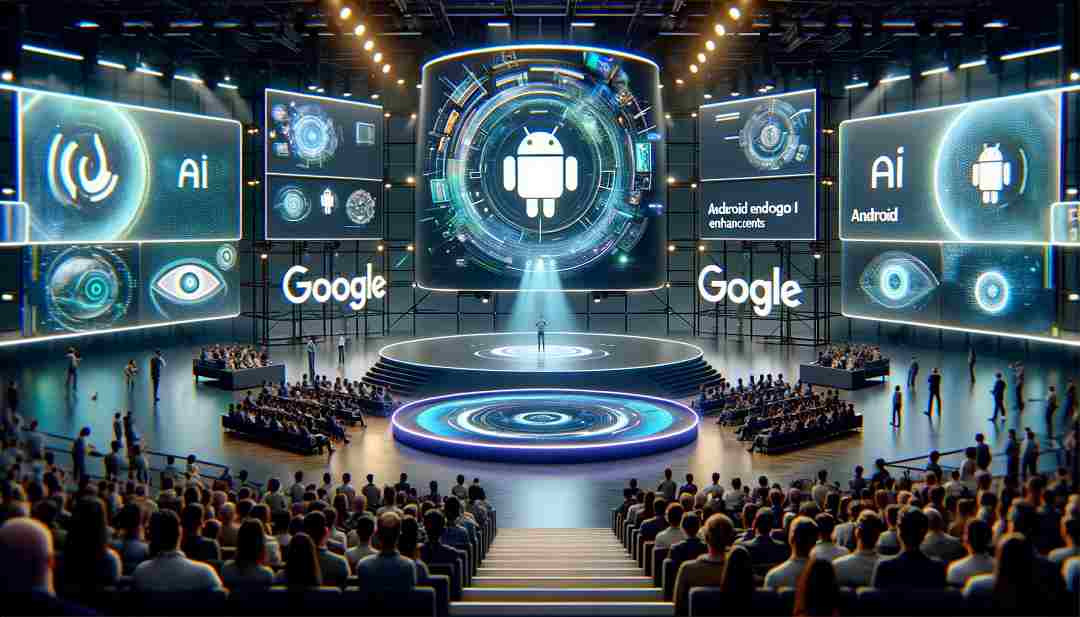
Google's annual I/O conference in 2024 was a showcase of innovation, primarily focusing on significant advancements within its AI technology spearheaded by the Gemini AI suite. CEO Sundar Pichai led the keynote, introducing upgrades like Gemini 1.5 Pro and Gemini 1.5 Flash, alongside new initiatives that promise to deepen AI integration across Google's product lineup.
The introduction of Gemini 1.5 Pro and Gemini 1.5 Flash represents a leap forward in Google's AI capabilities. These models are designed to enhance the already robust Gemini AI framework, expanding its applications and improving its responsiveness and versatility in generating media content, including photos, music, and videos. Google also announced plans to expand Gemini Advanced, further developing its AI to handle more complex tasks and interactions.
Project Astra was another highlight of the event, noted for its rapid response capabilities, which could revolutionize real-time data processing and decision-making in AI systems. Complementing these software advancements, Google introduced Trillium, a sixth-generation Tensor Processing Unit (TPU), which promises enhanced performance for AI tasks and will be available later in the year.
A significant part of the conference was dedicated to showcasing how Gemini AI is being integrated into various Google apps. For instance, in Gmail, Gemini AI now offers features like email summarization and smart data integration, simplifying user interaction and enhancing productivity. Chips AI, another innovative tool, allows for dynamic chat responses based on user prompts, and Google Live is set to enable real-time conversational interactions with AI, making digital communications more fluid and natural.
On the mobile front, Gemini AI has become the default assistant in Android, equipped with contextual awareness to improve user experience significantly. This integration signifies Google's vision of making AI a seamless part of day-to-day mobile usage. Additionally, Gemini AI Nano has been incorporated into Android's Talkback features, enhancing device accessibility and usability for all users.
Google also unveiled new educational tools and developer resources. LearnLM, a new suite of generative AI models fine-tuned for educational purposes, was introduced in collaboration with Google’s DeepMind and Google Research. This AI is designed to assist in educational settings, potentially transforming how subjects are taught and learned.
The event also spotlighted Firebase Genkit, an open-source framework that enables developers to integrate AI into applications easily. This addition aims to democratize AI development, allowing more creators to build AI-powered solutions without extensive specialized knowledge.
Google Search now integrates AI to provide a more comprehensive overview and video search capabilities, initially rolling out in the US. This feature is part of Google's broader strategy to make its search engine more intuitive and aligned with user needs through advanced AI.
In a move towards enhancing security, Google previewed a new Android feature that uses Gemini Nano to detect potential scams during calls. This feature is an example of how Google is leveraging AI to provide practical solutions to everyday problems, such as security and privacy.
Google I/O 2024 solidified Google's commitment to integrating AI across all its platforms, improving functionality, enhancing security, and making daily interactions with technology more intuitive. As Google continues to push the boundaries of what AI can achieve, the technology landscape eagerly anticipates how these innovations will transform the digital experience for users worldwide. This event not only showcased Google's AI advancements but also set a new standard for the integration of AI in consumer and professional technology.